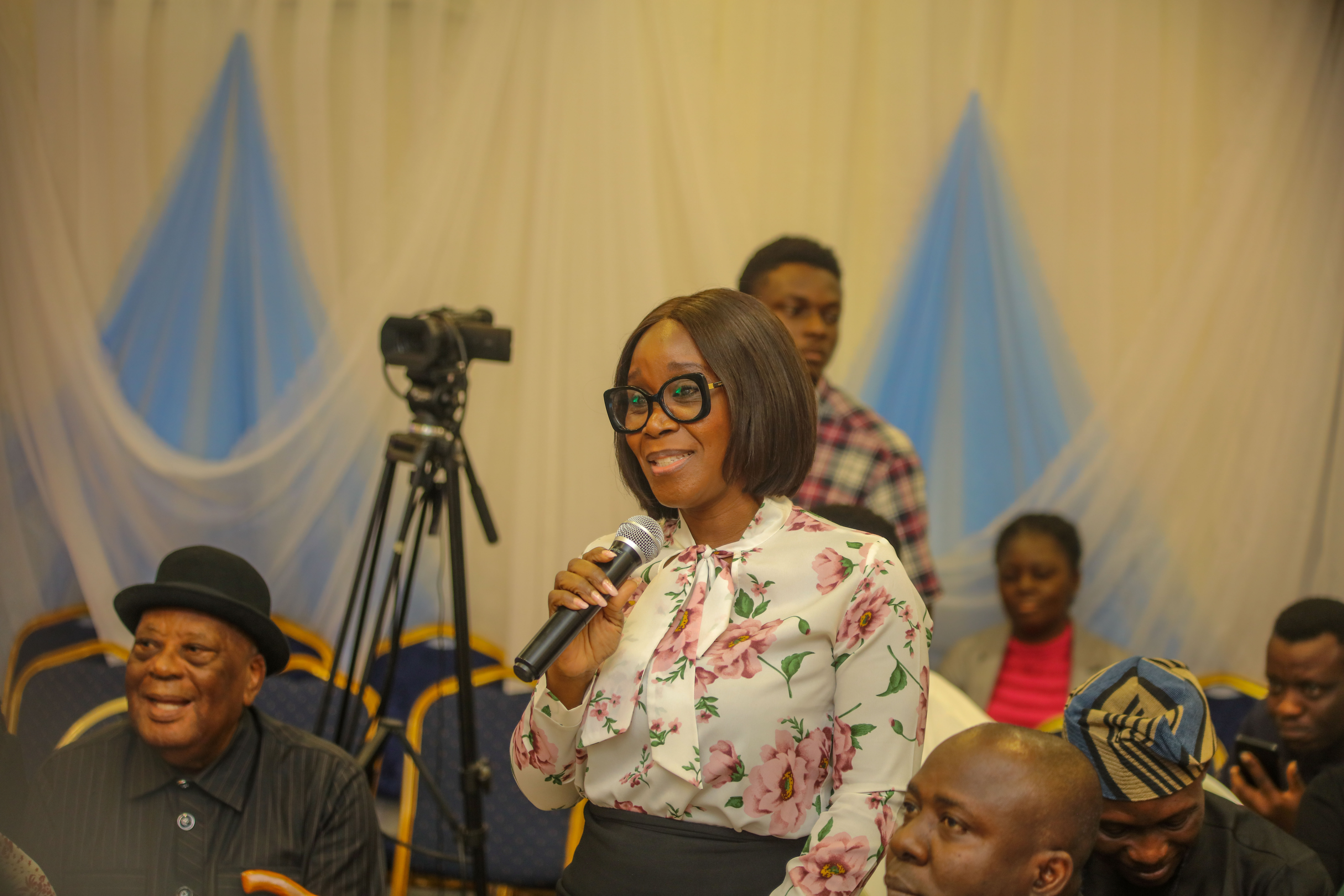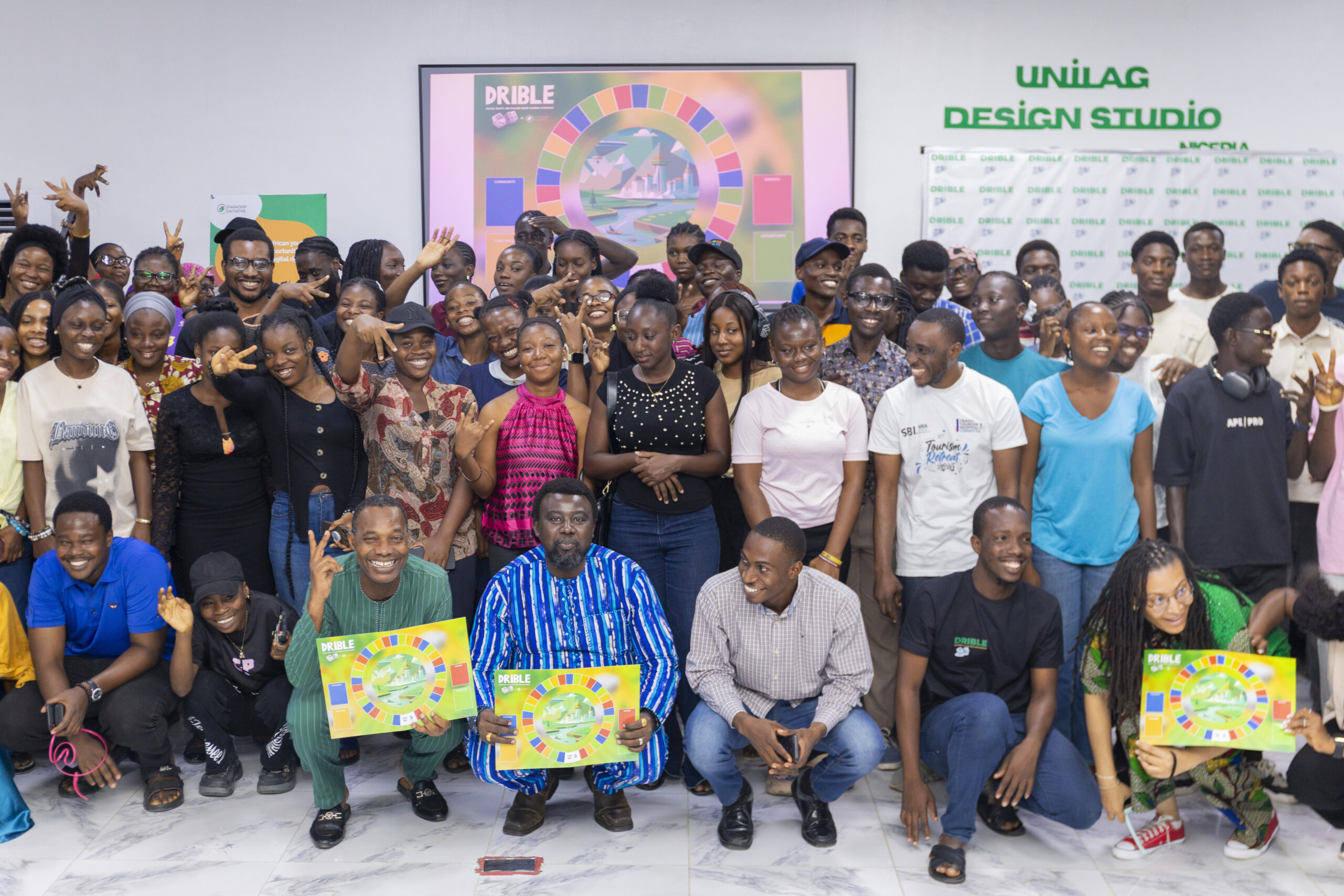Telecom
Senate Laments Poor Broadband Services

The Senate yesterday described as worrisome, the poor access of Nigerians to broadband internet services despite the number of undersea cables running across the country and the huge investment channeled into the project.
Senator Gilbert Nnaji, chairman, Senate Committee on Communications, made the observation when Dr. Eugene Juwah, executive vice chairman, Nigerian Communications Commission, led the management team of his agency to defend its 2015 budget proposal.
Nnaji noted with concern that the country finished year 2014 with just 8 percent penetration into the broadband services after stagnating at 6 percent between 2011 and 2013.
He said the directive by the Central Bank of Nigeria to the telecommunications operators to source foreign exchange only through the interbank has constrained their efficiency level and hampered their expansionary drive with its attendant effect on quality of services.
The senator noted that there was a remarkable improvement on capital project proposal of N21.1bn in 2015 compared to N15bn in 2014.
He, however said, “this cannot be said of the total amount proposed for special projects which is N2.1bn in 2015 as opposed to N3.4 bn in 2014.”
“In other words, while there is a greater emphasis on capital project in 2015 as against 2014, special projects in 2015 do not appear to enjoy the same attention,” He added.
Nnaji promised that his committee would look critically into the issue of the State Accelerated Broad Band Initiative, which falls under special project.
He wondered how the commission would carry out its task when it has a significant role in assisting the private sector to build and run a broadband infrastructure in all state capitals and selected major cities across the country, when budget proposal for special duties was reduced.
The NCC boss in his submission explained that the federal agency was planning to propose a bill before the National Assembly with a view to tackling the challenges in the sectors.
Juwah said, “We have in conjunction with the National Assembly, plan a bill on Telecom Critical Infrastructure which we hope will be presented to the two chambers and be given accelerated hearing.
“We hope that most likely it will be in the interest of telecom members and this committee in particular, if this bill is passed during this parliamentary session.
“This bill will deal with vandalism of telecommunication infrastructure and fibre cuts due to road networks, shutting off of services by state governments, planning permit restrictions, right of ways restrictions.
“We hope that if this bill is passed as federal legislation, all these problems will be reduced and there will be a remarkable improvement in the quality of service.
Juwah added that the agency’s broadband initiative had started and already awarded two licences, one for Lagos and one for North Central including Abuja.
He said, “These are licenses for the provision of metropolitan fibre network.”
He added that the problem of the allocation was that the agency does not get its budget passed on time.
The NCC boss said, “We have accrued money since this project started from the last budget. We have looked at our budget requirement and as the project is ongoing, we feel that we have enough funds to cover the project.”
Telecom
MTN’s ₦31.75Bn Investment in Health Lauded at Arthur Mbanefo Lecture

MTN Foundation has been spotlighted as a model for private sector-driven healthcare development in Nigeria, following commendations at the 6th Arthur Mbanefo Lecture held at the University of Lagos, Akoka.

Themed “A Healthy Nation is a Wealthy Nation: The Role of Impact Investments and Sustainable Financing in Nigeria,” the lecture featured Dr. Tolulope Adewole, Managing Director of NSIA Advanced Medical Services Limited (MedServe), as keynote speaker.
Dr. Adewole praised the Foundation’s strategic investments, noting that MTN commits 1% of its profit after tax annually to development sectors. “They’ve invested ₦31.75 billion, reaching over 32 million Nigerians. Though only 25% went to health, it accounted for 51% of all lives impacted. That’s catalytic,” he said.
He cited MTN’s dialysis centre programme as a transformative intervention for patients with kidney disease, and highlighted community-focused initiatives like the Y’ello Doctor mobile scheme and ‘What Can We Do Together’ (WCWDT) programme, which revitalised 164 Primary Healthcare Centres, including 44 in 2024 alone.
Executive Director of MTN Foundation, Odunayo Sanya, reflected on the COVID-19 pandemic’s exposure of systemic health vulnerabilities. “When COVID hit, we realised a health emergency is also an economic and social emergency,” she said.
Sanya revealed that of the 52 PHCs remodeled in 2024, only one had clean water. “I’m not a doctor, but I know you can’t live a good life without clean water,” she added, reaffirming the Foundation’s commitment to bridging healthcare gaps in underserved communities.
Telecom
PIN to Empower 20 Million Youths with New Digital Rights Board Game

Hundreds of university students across Africa are set to benefit from a new gamified learning experience on digital rights and inclusion launched by the leading pan-African non-profit organisation, Paradigm Initiative (PIN).

The Digital Rights and Inclusion Board Learning Experience (DRIBLE) is a game developed by Paradigm Initiative with support from the Open Society Foundations (OSF). The custom-designed board game provides young individuals with a fun and engaging entry point into digital rights and inclusion conversations, training sessions and storytelling tools.
The board game aims to build digital literacy, deepen understanding of online safety, and introduce young individuals to the organisation’s tools of impact. Currently being piloted in three universities: University of Lagos, Nigeria, the Catholic University of Eastern Africa (CUEA) in Nairobi, Kenya and the Dakar American University of Science and Technology (DAUST) in Dakar, Senegal, it will enhance interactions and create a holistic experience.
Speaking at the event launch at the University of Lagos, Nigeria, ‘Gbenga Sesan, Paradigm Initiative’s Executive Director, said: “PIN’s vision is to reach 20 million people through our Digital Inclusion and Digital Rights interventions. From Lagos, to Dakar, to Nairobi.. we will use the vehicle of our new Digital Rights and Inclusion Board Learning Experience (DRIBLE) which entails using gamification, training, multimedia materials, tools and other interventions to connect African youth with digital opportunities and protect their digital rights.”
‘Gbenga gave the keynote address on “Digital inclusion at PIN, our Past, Present and Future” and Nnenna Paul-Ugochukwu, the organisation’s Chief Operating Officer, said the goal of the learning experience would be instrumental in raising awareness of digital rights among the youth, building their capacity to address digital rights and inclusion issues in their communities. Prof. Olunifesi Adekunle Suraj shared a goodwill message with the students and other stakeholders.
Paradigm Initiative, which has been operational since 2007, started in a tiny cybercafe in Ajegunle, Lagos, Nigeria. Today, the organisation has expanded its wings to cover six African countries; Cameroon, Kenya, Nigeria, Senegal, Zambia and Zimbabwe, impacting the livelihoods of over 150,000 young Africans.
The launch of DRIBLE builds on the progress the organisation has made over the years in tackling the challenge of digital exclusion across Africa.
Paradigm Initiative’s tools of impact include Ripoti, a platform that enables individuals to report digital rights violations, Ayeta, a platform that provides digital security resources for stakeholders, more so human rights activists, defenders, journalists and other vulnerable groups, and the organisation’s latest short film, Whispers in the Wires.
Targeted at students, PIN rolled out a Campus Tour in the three universities on the continent starting July 15th, 2025.
Telecom
Meta Cracks Down on Fake Accounts, Deletes 10m Profiles

Meta, the parent company of Facebook, has intensified its crackdown on fake accounts and spam, announcing it removed over 10 million fake profiles and roughly 500,000 spam accounts in the first half of 2025.

The sweeping purge is part of Meta’s broader effort to combat impersonation, fake engagement, and content duplication, aiming to elevate authentic creators and improve the quality of content across its platforms.
In a blog post, Meta said: “We’re making progress. In the first half of 2025, we took action on around 500,000 accounts engaged in spammy behaviour or fake engagement. We also removed about 10 million profiles impersonating large content producers.”
Meta stressed that accounts which primarily repost or recycle content without meaningful edits will face penalties such as reduced reach and the loss of monetisation tools.
The company also warned that repeatedly sharing unoriginal content — whether videos, photos, or text — undermines the platform’s integrity by crowding out genuine voices and making it harder for new creators to grow.
To support authentic creators, Meta is rolling out new tools that automatically trace reposted content back to its original source. The company says this will help ensure rightful credit and give higher visibility to original posts.
“Pages and profiles that post mostly original content tend to enjoy wider distribution across Facebook. Simply stitching clips together or adding a watermark will no longer count as meaningful editing. Content that provides real value and tells an authentic story is likely to perform better,” Meta explained.
Creators are also being cautioned against uploading content that includes watermarks from other platforms. Such posts could see their reach restricted or lose monetisation privileges altogether.
As part of its latest update, Meta introduced post-level insights on the Professional Dashboard, allowing creators to monitor how individual posts perform. They can also check their Support Home screen to see if their content or earnings are facing restrictions.
In a parallel development, Google’s YouTube updated its monetisation guidelines, stating that content deemed mass-produced or excessively repetitive will no longer qualify for ad revenue. The announcement initially sparked concern among creators, who feared it was a blanket ban on AI-generated content. YouTube later clarified:
“We welcome creators using AI tools to enhance their storytelling, and channels that use AI in their content remain eligible to monetise.”
Both tech giants say these new policies are aimed at raising content standards and safeguarding genuine creators in a crowded and rapidly evolving digital landscape.

 E-Financial3 days ago
E-Financial3 days agoZenith Banks Leads as 8 Banks Suffer N156Bn Impairment Charges

 Telecom2 days ago
Telecom2 days agoMTN’s ₦31.75Bn Investment in Health Lauded at Arthur Mbanefo Lecture

 Telecom3 days ago
Telecom3 days agoMTN @ Swish Fusion Summit, Showcases 5G Rollout Strategy

 E-Business3 days ago
E-Business3 days agoOlatunji, NDPC Boss Calls for Integrated Strategy on Data Privacy, Cyber-Security

 E-Financial3 days ago
E-Financial3 days agoSEC Flags FF Tiffany as Ponzi Scheme

 E-Business3 days ago
E-Business3 days agoKaspersky Experts Warn of the Risks Hidden Behind QR Codes

 News3 days ago
News3 days agoUS Launches ‘Window on America’ @ Ogun Tech Hub

 News3 days ago
News3 days agoSEC Probes Ponzi Scheme Linked to FF Tiffany



























